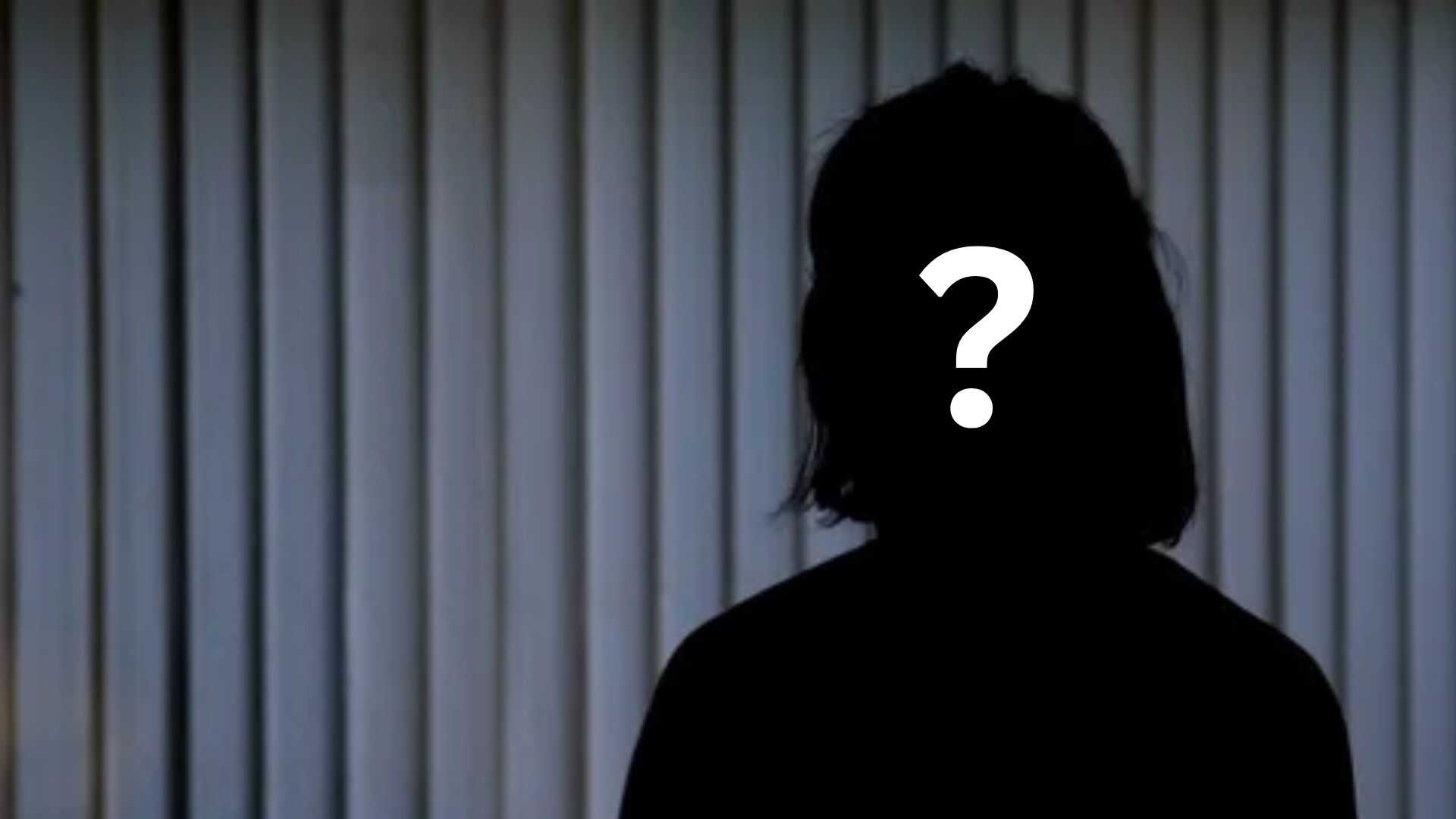
Encountering obstacles is a vital aspect of our human journey. It either acts as catalysts for building resilience or provides an opportunity to take a necessary pause for introspection. But, we live in a society consumed by an intense obsession with success, where social media platforms and professional networks are saturated with constant portrayals of achievement. It often feels like we are participants in an overwhelming race to outdo peers and competitors, driven by a relentless desire to showcase our triumphs over others. We live in a society plagued by a sort of societal necrosis, where there is an overwhelming emphasis on constant achievement, rendering failure something akin to crime. Life coaches and social media influencers, boasting massive followings, frequently inundate us with motivational catchphrases like “Yes, you can do it!” These repeated affirmations aim to inspire and empower, yet they often oversimplify the complex and nuanced journey toward success.
In this climate, the aversion to failure is but natural. However, during one melancholic evening, a thought emerged that perhaps the occasional setback is a crucial touchstone in our lives. These setbacks challenge us to push beyond our comfort zones, unlocking hidden strengths that fuel both personal and professional transformation. If we succumb to the pressure of constant success, we risk stifling creativity and progress, thereby depriving ourselves of the valuable lessons and opportunities that failures can provide.
J.K. Rowling, acclaimed for her profound insights both in literature and life, once remarked, “It is impossible to live without failing at something, unless you live so cautiously that you might as well not have lived at all—in which case, you fail by default.” She is warning us that living too cautiously to avoid failure ultimately results in a far more profound defeat: a life unlived.
Be that as it may, on the rare occasion when one has ventured boldly and still encounter failure, it is natural to be bitterly disappointment and harbour feelings of victimhood. In such situations, they may find themselves questioning what more they could have done or feel like victims of circumstances. How can one reconcile with failure when they know they’ve given their best?
In those rare moments, it’s important to pat yourself on the back and celebrate the courage it took to pursue your goals. Acknowledge and appreciate the skills, relationships, and lessons gained along the way. Embrace a growth mindset, viewing failure as a stepping stone for learning and improvement; engage with mentors, peers, or support groups who can offer guidance, share similar experiences, and provide encouragement; strengthen resilience by developing strategies to cope with setbacks, such as mindfulness, journaling, or pursuing new interests. Most importantly, broaden your definition of success to include personal development, the courage to take risks, and the persistence to keep trying. As Winston Churchill aptly said, “Success is not final, failure is not fatal: It is the courage to continue that counts.”
Recent encounters with two students have led me to ponder the essential need to teach our children the art of embracing failure. While we meticulously groom them for success, we often overlook the equally important lesson of how to navigate failure with grace. This oversight deprives them of a critical life skill they will inevitably face more frequently. Cynical as it may sound, life often presents more valleys than peaks. One particular student approached me, distressed by his placement on a waiting list for a committee he aspired to join. He viewed this not as a temporary setback but as an outright failure, a view that wasn’t helped by the narrative of innate success we often perpetuate. Rather than placate him with excuses or unwarranted reassurances of his deservingness, I guided him to embrace this moment of perceived failure. I advised him to sit with it, to let it wash over him for 15 minutes, allowing himself to feel its weight. Then, at the 16th minute, I encouraged a shift—to recognize that his time and energy could be more fruitfully invested elsewhere, thereby transforming the experience into a stepping stone rather than a stumbling block. His response came promptly, expressing that this was the best advice he had ever received. While I could have offered comforting words to placate him, I didn’t want to be the mother who offers a soother; rather a mother who empowers to view setbacks as opportunities for redirection. Another student approached me, disheartened after facing a similar predicament. She appreciated having found a mentor who allowed her to express the feelings of being let down and release the anguish that failure had brought upon her, without being invalidated. This interaction prompted me to reflect on the troubling reality that, as a society, we have become so closed-minded that we neither allow room for failure nor provide safe spaces for expressing the accompanying anguish. People are expected to simply brave it up and move on, putting on a brave front. It’s a pity that, despite being the most ‘connected’ generation in the history of mankind, we are starved for someone to truly listen to us—someone who will hear us without the looming clouds of judgment or invalidation. I advised her that if she felt burnt out and frustrated, taking a pause was not only important for her mental health but also essential for redirecting her perspective. Moreover, who knows, a brilliant idea might emerge from her perceived failure; after all, as Albert Einstein once said, “Failure is success in progress.”
Society’s obsession with hyper-productivity and over- achievement can be noticeably seen leaving a mark, or rather a scar on the present-day generation. We, as a society are obsessed with numbers and stigmatize or condemn any activity which does not serve the ultimate goal of devouring our career curve. Rowling’s observation serves as a powerful reminder that setbacks are not merely inconveniences, but essential experiences that shape and define our paths. Through her words, Rowling invites us to reexamine our fear of failure, suggesting that the occasional stumble is not only inevitable but also necessary. In embracing these experiences of failure and the growth they foster, we create a culture where setbacks are seen not as dead ends, but as detours leading to innovation and strength; as Thomas Edison wisely put it, “I have not failed. I’ve just found 10,000 ways that won’t work.”















